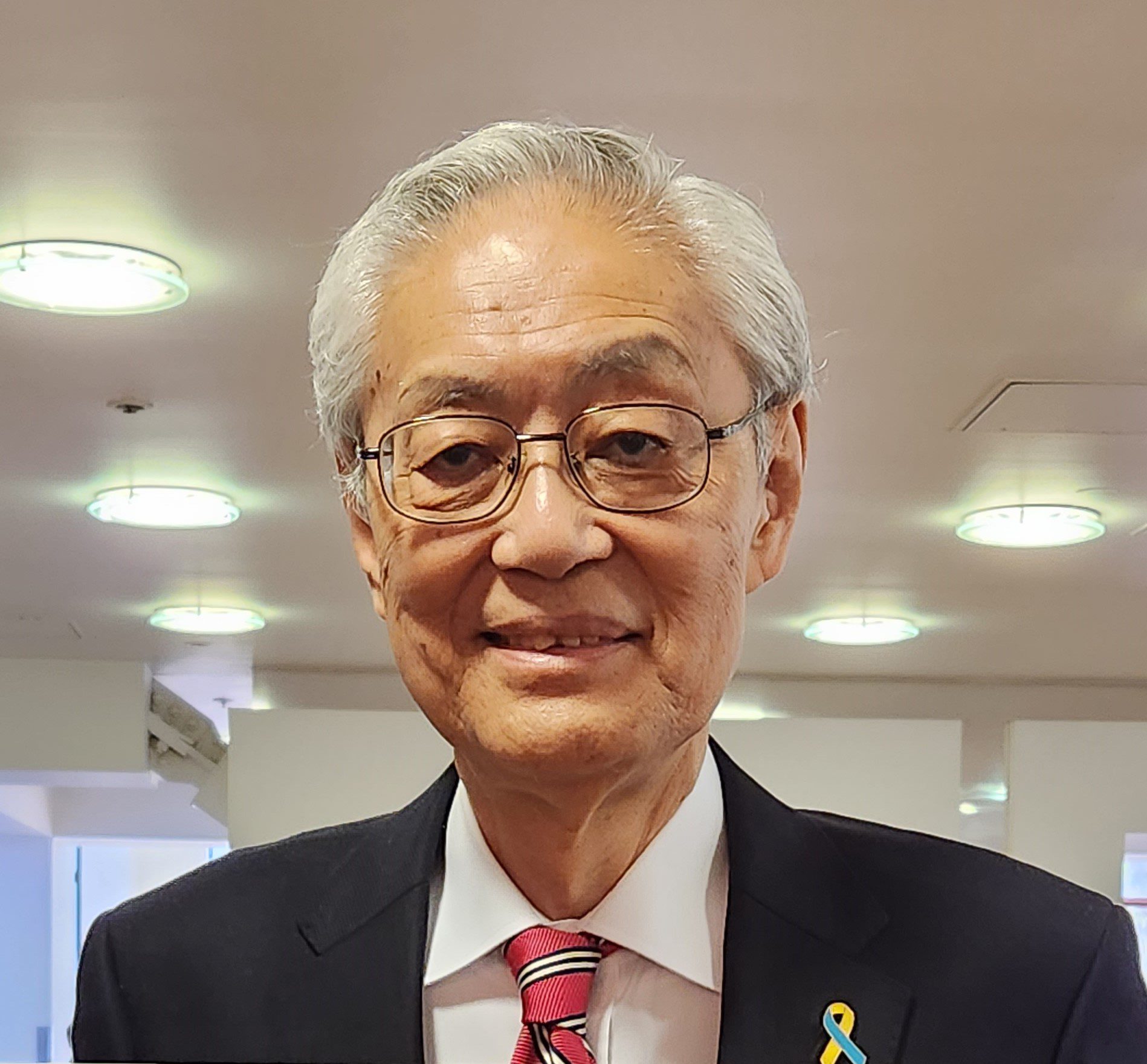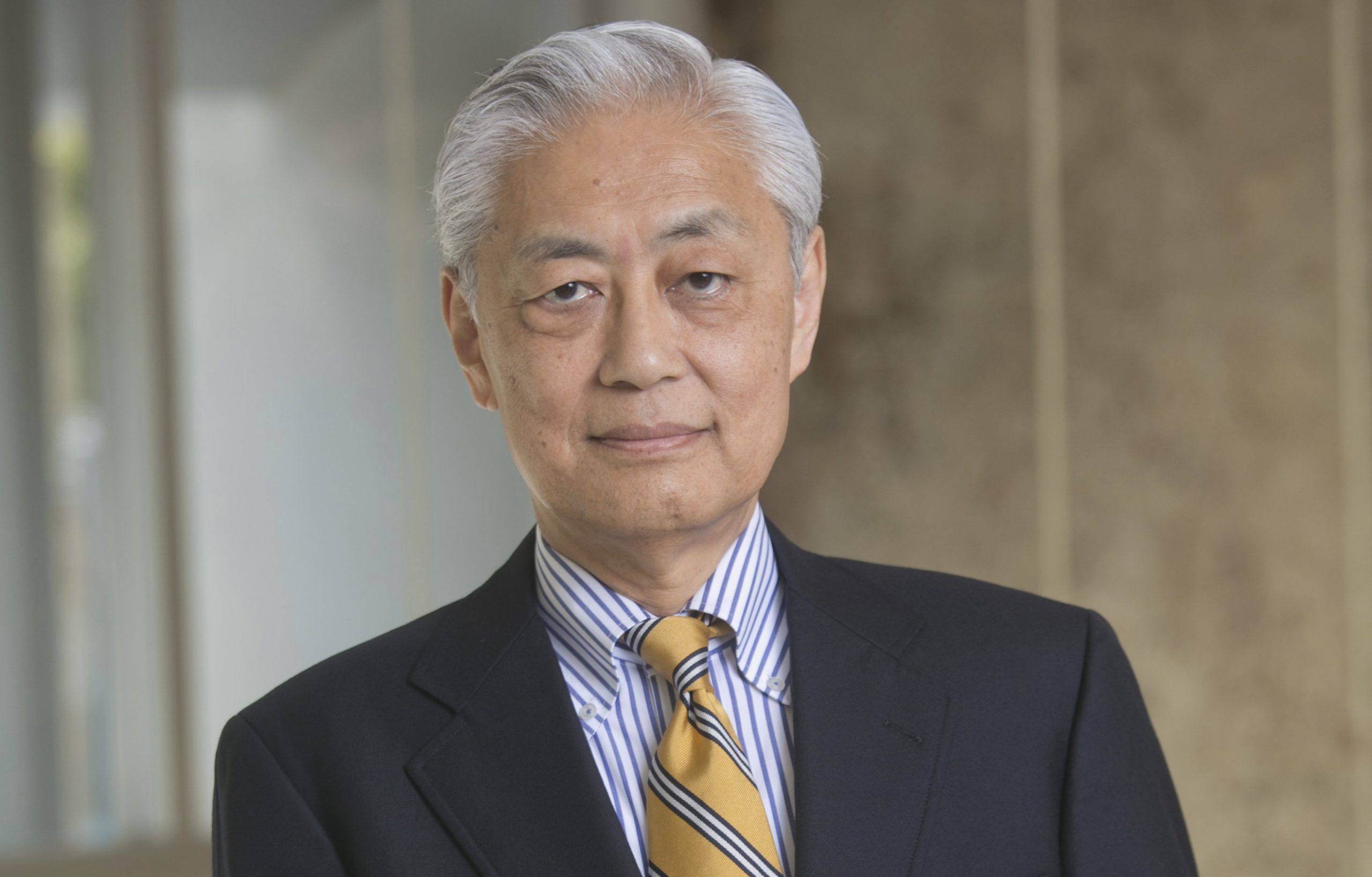Setsuo Miyazawa
Senior Director Emeritus of the Center for East Asian Legal Studies and Senior Affiliated Scholar
- Office: 384-200
- Email: miyazawa@uclawsf.edu
- Phone: (415) 565-4849
Bio
Professor Setsuo Miyazawa is a legal sociologist who received LL.B., LL.M., and S.J.D. from Hokkaido University and M.A., M.Phil., and Ph.D. in sociology from Yale. He has been a full-time faculty member at Hokkaido University, Kobe University, Waseda University, Omiya Law School, and Aoyama Gakuin University in Japan before reaching mandatory retirement at Aoyama Gakuin in 2016. He has also taught as a visiting professor at the law schools of York University (Canada), the University of Washington, Harvard, UC Berkeley, UCLA, NYU, the University of Hawaii, the University of Pennsylvania, and Fordham. His first visit to UC Law SF was in 2008. He taught at UC Law SF in the fall every year until 2019 and in 2023. He served as the Senior Director of The Center for East Asian Legal Studies established in 2015 until 2023. He has also organized an annual symposium on Japanese law at UC Law SF from 2012 to 2019 and in 2023. Most symposium papers have been published in American law journals.
Professor Miyazawa has a wide range of research interests, including police and criminal justice, legal ethics and public interest lawyering, legal education, and corporate legal practice; he received his doctoral degree in Japan with a study on police while receiving his American doctoral degree with a study on corporate legal departments. He has published or edited over a dozen Japanese and English books. His first English book, Policing in Japan (SUNY Press, 1992), received the 1993 Distinguished Book Award of the Division of International Criminology of the American Society of Criminology. He was highly active in the promotion of judicial reform in Japan in the early 2000s, where he was one of the most prominent proponents of the introduction of American-style post-graduate professional law schools. He has also been active in the US Law and Society Association (LSA), twice serving on its Board of Trustees. He co-founded the Collaborative Research Network 33 in East Asian Law and Society in the LSA in 2008 and received the International Scholarship Prize from the LSA in 2014. He also received the Stanton Wheeler Mentorship Award and the Legacy Award from the LSA in 2021. He co-founded the Section on East Asian Law and Society in the AALS in 2015 and the Asian Law and Society Association (ALSA) in 2016. He was the founding President of the ALSA in 2016 and 2017. The Legal Process in Contemporary Japan: A Festschrift in Honor of Professor Setsuo Miyazawa’s 70th Birthday was published in 2017 in two volumes with more than 70 articles in both Japanese and English. He was the President of the Asian Criminological Society from 2019 to 2021.
Education
-
Yale University
Ph.D., Sociology -
Yale University
M.Phil., Sociology -
Yale University
M.A., Sociology -
Hokkaido University
S.J.D., Law -
Hokkaido University
LL.M., Law -
Hokkaido University
LL.B., Law
Accomplishments
-
Stanton Wheeler Mentorship Award
2021 -
Legacy Award
Awarded by the Law and Society Association. 2021 -
International Prize
Awarded by the Law and Society Association. 2014 -
Distinguished Book Award
Awarded by the Division of International Criminology of the American Society of Criminology for the book "Policing in Japan". 1992
Selected Scholarship
-
The Enigma of Japan as a Testing Ground for Cross-Cultural Criminological Studies
International Annals of Criminology 01/2012 -
Introduction to the Special Issue: The Future of Lay Adjudication and Theorizing Today's Resurgence of Civic, Legal Participatory Systems in East and Central Asia
International Journal of Law, Crime and Justice 04/2011 -
Legal Culture and the State in Modern Japan: Continuity and Change
Law, Society, and History: Themes of the Legal Sociology and Legal History of Lawrence W. Friedman 01/2011 -
The Resurgence of Lay Adjudicatory Systems in East Asia
Asian Pacific Law and Policy Journal 04/2010 -
The Reform of Legal Education in East Asia
Annual Review of Law & Social Science 12/2008



